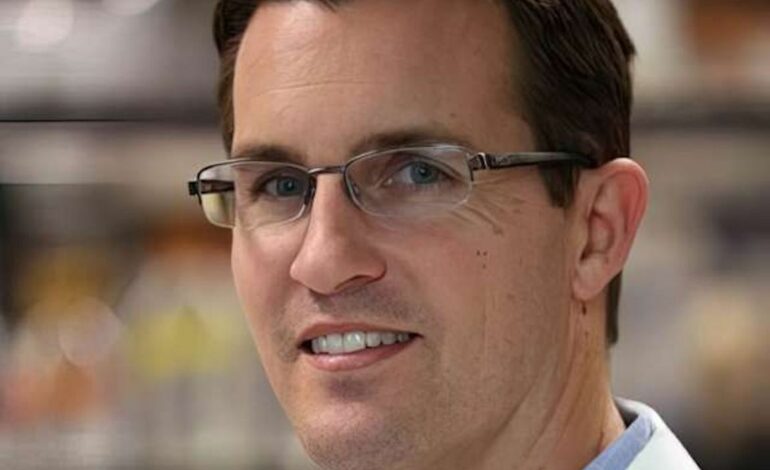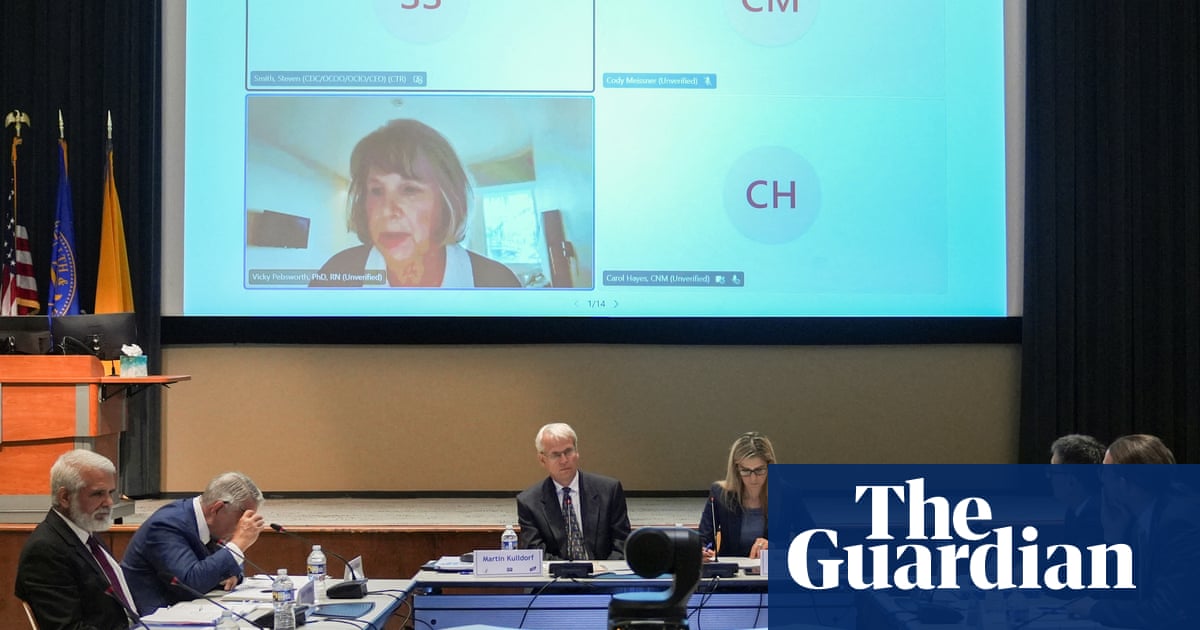UCLA Researchers Face Crisis as $584 Million in Grants Frozen

The federal government has suspended approximately $584 million in research grants to the University of California, Los Angeles (UCLA), significantly impacting the university’s research community. According to Dr. David Shackelford, a professor at the David Geffen School of Medicine, this freeze affects around 800 research projects across various disciplines, including medicine and engineering. The suspension, announced on August 9, 2023, has halted projects that are vital for advancing human knowledge and improving societal well-being.
Dr. Shackelford expressed deep concern over the implications of this funding freeze, stating, “Our research has effectively been frozen.” He emphasized the serious repercussions for biomedical research, particularly studies related to cancer that are currently impacting patients. The halt in funding threatens ongoing efforts to develop innovative treatments and solutions in a field that often determines the course of patient outcomes.
A Devastating Blow to Biomedical Research
The suspension of federal grants has been described as a catastrophic event for the research community at UCLA. Dr. Shackelford likened the situation to an ecosystem in peril, saying, “It takes decades and decades to build, and once you destroy that, it does not come back.” His remarks highlight the long-term investment required to establish robust research initiatives.
UCLA has long been a leader in biomedical research, contributing significantly to advancements in healthcare and technology. Dr. Shackelford noted that the United States is a global leader in this field and called for the preservation of its research capabilities, referring to them as a “national treasure.” The cancellation of funding threatens to dismantle years of progress and innovation, with potential repercussions not just for UCLA but for the broader medical and scientific community.
The suspension affects a diverse range of research areas, with projects aimed at addressing critical health challenges and advancing engineering solutions. Researchers are now faced with the daunting task of navigating a landscape where funding is uncertain, which may stifle innovation and slow down the pace of discovery.
Implications for Future Research
The impact of the funding freeze extends beyond immediate research activities. As Dr. Shackelford pointed out, the consequences of halted projects may reverberate through communities and health systems, affecting patients who rely on ongoing research for new treatments and therapies. The loss of research momentum could result in delayed advancements that are crucial for improving health outcomes and enhancing quality of life.
In light of these developments, the call for renewed investment in biomedical research has become more urgent. Dr. Shackelford stressed the importance of maintaining and supporting research initiatives, arguing that the health of the research ecosystem is essential for sustaining the United States’ leadership in biomedical innovation.
As the situation unfolds, the research community awaits further developments regarding the funding suspension. The hope remains that the federal government will recognize the value of its investment in biomedical research and work to restore the critical funding necessary for these vital projects to continue.






